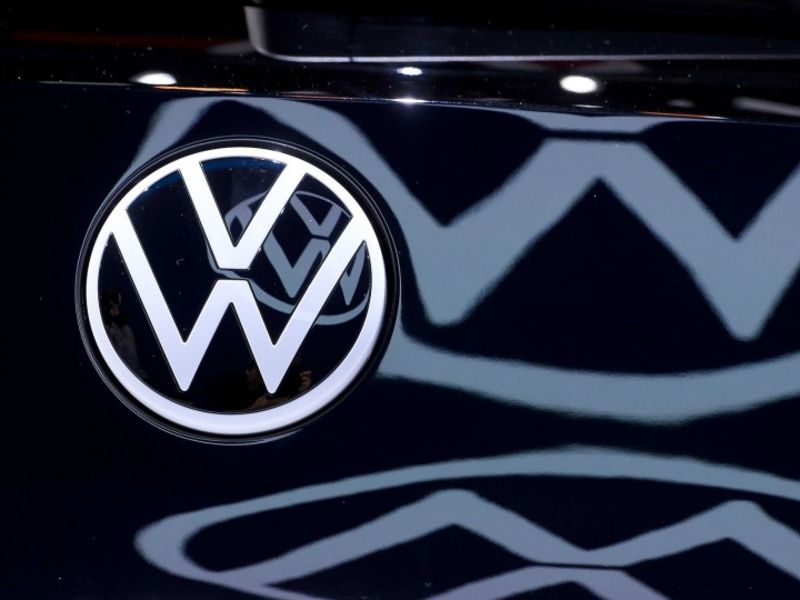
Remember when Volkswagen got caught lying about the emissions of its supposedly “clean” diesel engines?
Apparently not enough people at Volkswagen do, even after the tens of billions it paid in fines and legal settlements, because the company still seems to think lying to the public is an acceptable corporate strategy.
The automaker claims its Tuesday press release announcing a name change to “Voltswagen” was just a harmless joke “in the spirit of April Fools’ Day.”
The problem, though, besides that April Fools’ pranks are obnoxious, is that it wasn’t harmless. Even after everyone correctly assumed the company was making a lame joke, Volkswagen’s U.S. public relations department insisted, repeatedly and inexplicably, that it was entirely serious.
“We didn’t mean to mislead anyone,” a spokesman for the company that intentionally misled numerous news outlets — including Automotive News, Reuters, CNBC, the Associated Press and The Washington Post — told The Wall Street Journal. The press release, since deleted from its website, included a sincere-sounding quote from Volkswagen of America CEO Scott Keogh, and when reporters asked, point blank, if this was a joke, company representatives firmly said no.
An obvious publicity stunt is one thing. After all, automakers are in business to sell as many cars and trucks as they can, and the industry has a long history of poorly conceived and executed attention-getting schemes.
But this was different. By sticking with the gag so adamantly and earnestly, by having official spokespeople lie to the media outlets that trusted them and by waiting for the journalists it duped to publish their stories before unapologetically fessing up, Volkswagen caused an inordinate amount of damage just to get a few days’ worth of time in the news cycle.
How so? Shares of the automaker jumped almost 5 percent after its announcement, which means the U.S. Securities and Exchange Commission could come poking around. It will be much harder for reporters to trust Volkswagen when it needs them to do so in the future. And, with mistrust of the media already at high levels, it could be harder for the public to put their faith in Automotive News and other outlets that unknowingly attached their names to a disingenuous marketing ploy.
Among the reporters Volkswagen lied to was USA Today‘s Nathan Bomey, author of the 2018 book After the Fact: The Erosion of Truth and the Inevitable Rise of Donald Trump.
“This was not a joke. It was deception,” Bomey said Tuesday in a tweet directed at Volkswagen. “In case you hadn’t noticed, we have a misinformation problem in this country. Now you’re part of it.”
Actually, the “Dieselgate” scandal showed that Volkswagen already was part of that problem. After getting caught, it apologized and promised to make things right, only to sacrifice its credibility again with this.
“It just shows a lack of understanding about what this company did and what its standing is in the world and how it needs to rectify its history and rebuild its image,” Paul Argenti, a professor of corporate communications at Dartmouth College’s Tuck School of Business, told the Post. “Goofing around about who it is and what it’s trying to do, particularly with anything related to sustainability, strikes me as really, really bad taste. It’s just terrible.”
Volkswagen seems to think it was merely having some nice, clean fun.
You know, just like those nice, clean diesels it had to buy back and crush.